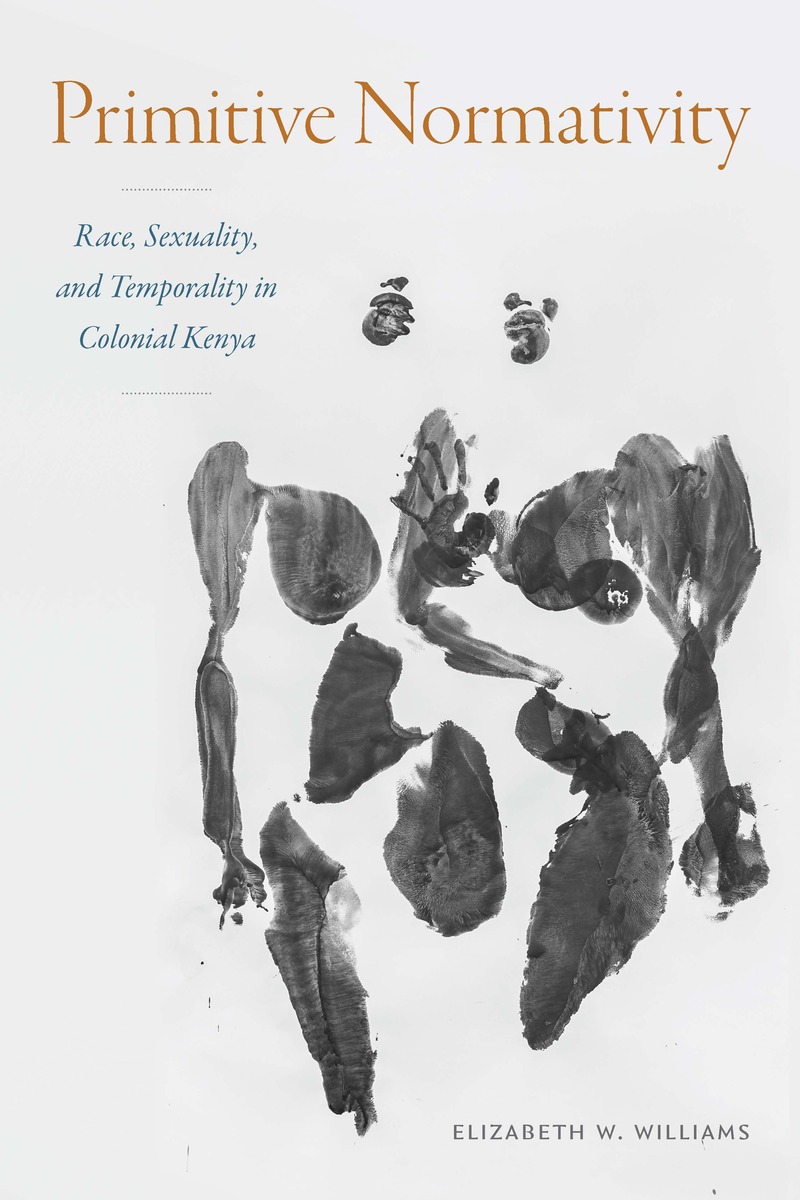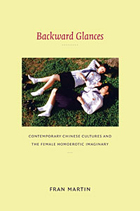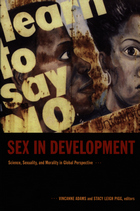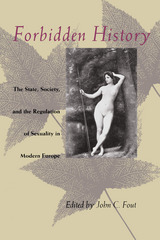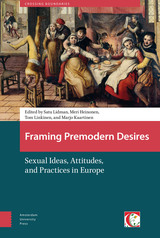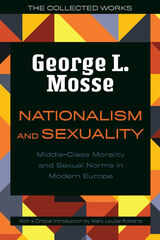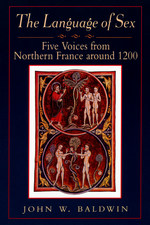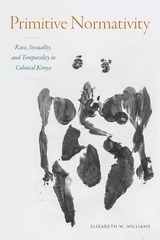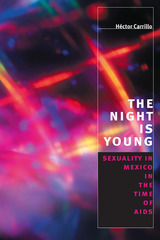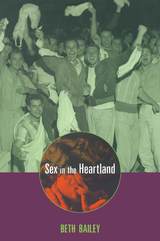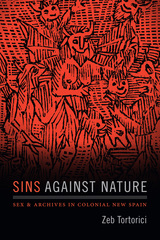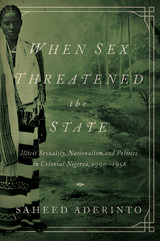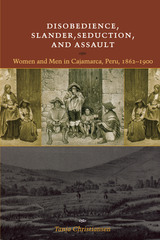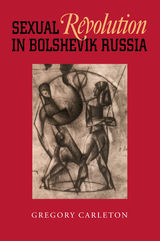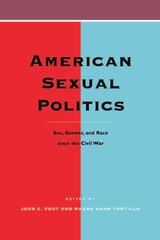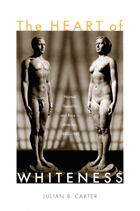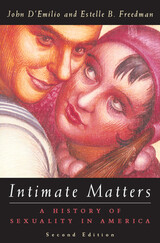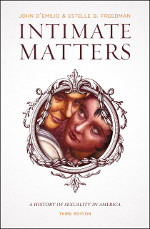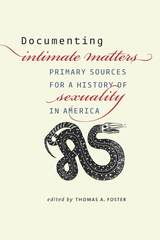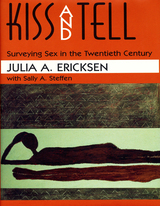Primitive Normativity: Race, Sexuality, and Temporality in Colonial Kenya
Duke University Press, 2024
eISBN: 978-1-4780-2762-1 | Cloth: 978-1-4780-2071-4 | Paper: 978-1-4780-2549-8
Library of Congress Classification HQ18.K4W557 2024
See other books on: East | Indigenous peoples | Race discrimination | Sexual behavior | Sexuality
See other titles from Duke University Press
eISBN: 978-1-4780-2762-1 | Cloth: 978-1-4780-2071-4 | Paper: 978-1-4780-2549-8
Library of Congress Classification HQ18.K4W557 2024
ABOUT THIS BOOK | AUTHOR BIOGRAPHY | REVIEWS | TOC | REQUEST ACCESSIBLE FILE
ABOUT THIS BOOK
In Primitive Normativity Elizabeth W. Williams traces the genealogy of a distinct narrative about African sexuality that British colonial authorities in Kenya used to justify their control over indigenous populations. She identifies a discourse of “primitive normativity” that suggested that Africans were too close to nature to develop sexual neuroses and practices such as hysteria, homosexuality, and prostitution which supposedly were common among Europeans. Primitive normativity framed Kenyan African sexuality as less polluted than that of the more deviant populations of their colonizers. Williams shows that colonial officials and settlers used this narrative to further the goals of white supremacy by arguing that Africans’ sexuality was proof that Kenyan Africans must be protected from the forces of urbanization, Western-style education, and political participation, lest they be exposed to forms of civilized sexual deviance. Challenging the more familiar notion that Europeans universally viewed Africans as hypersexualized, Williams demonstrates how narratives of African sexual normativity rather than deviance reinforced ideas about the evolutionary backwardness of African peoples and their inability to govern themselves.
See other books on: East | Indigenous peoples | Race discrimination | Sexual behavior | Sexuality
See other titles from Duke University Press
